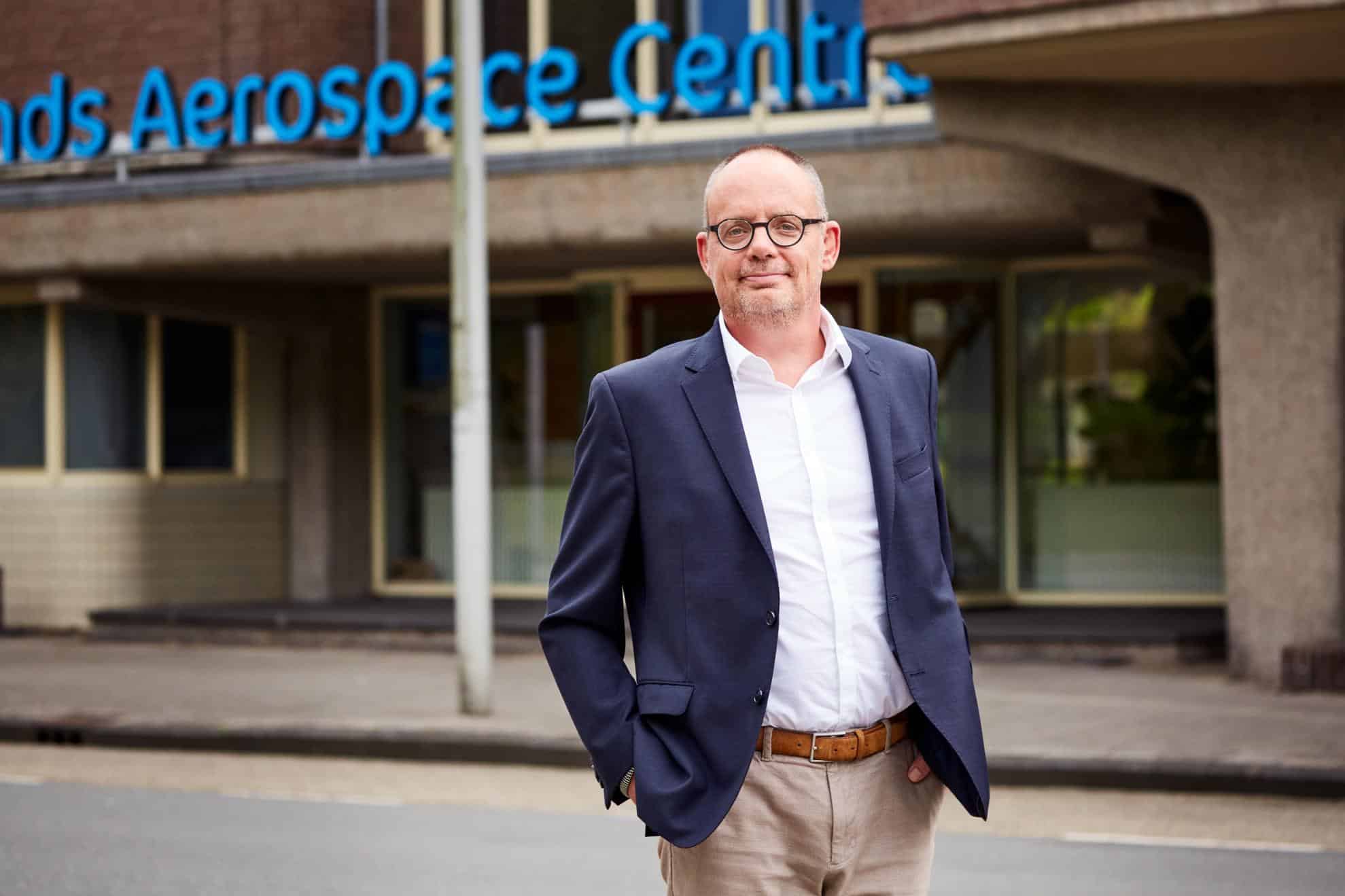
Those who think of Marseille probably think of its idyllic port and the Cote d’Azûr. But France’s second city is also a strategic point for digital highways. From the city, sixteen undersea cables connect Africa, the Middle East, and India—the French city benefits from its strategic location and many data centers. However, data centers’ growing energy and space needs are causing problems. A floating data center in the port should provide a solution.
Strategic position and presence of data centers
Gradually, Marseilles has become one of the most important hubs for global Internet traffic, just like Miami and Singapore. It can serve Africa via the Strait of Gibraltar, the Middle East, and India via the Suez Canal. At the same time, the city is well connected by land to other hubs, such as Paris and Frankfurt. In Europe, the same is true of Genoa, Lisbon, and Barcelona. But Marseille leads the way, and with the arrival of the 2Africa cable last November, Marseille is on its way to fifth place on the list of the world’s most important Internet hubs. Along with Paris, France is the only European country with two cities in the world’s top ten.
Peace, China’s Internet cable
In Marseille, the 16 undersea cables arrive at Digital Realty’s data centers, leased to cloud giants like Amazon and telecom companies. The data center where 2Africa is “housed” is a former submarine base built by the Germans in 1943 and left unused for seventy-five years. But Marseilles is also the arrival point in France for Peace, the Chinese-built and funded cable linking Singapore to Pakistan via the east coast of Africa, Egypt, and then Malta. According to an industry specialist, Orange bought capacity on Peace but demanded that the cable arrives in Marseilles.

Data centers and the growing demand for space and energy
Geopolitics is never far away with submarine cables, and hubs can arise or disappear according to changes in world politics. So Marseilles’ place on the world list is not a foregone conclusion. And then there is another problem: the growing energy and space needs of data centers. Marseille currently has five data centers, but with the growth of Internet traffic, many more are being added. The municipality has identified 11 data center projects for the next two to five years and calculated how much land and electricity they need. According to Laurent Lahrdit, alderman for economic development, a red light then went on. First, regarding land use: the alderman fears new competition. He desires to prioritize “the productive economy, which creates infinitely more jobs than data centers with similar surface area.” By 2030, these centers could occupy 20 to 30 hectares in Marseille. “That’s insane. I don’t even know if we have such a reserve of land for business space,” Lahrdit said.
Installation of floating data centers to reduce space and energy consumption
In late 2022, American company Nautilus Data Technologies announced it would set up a floating data center in the port of Marseilles on a barge measuring about 70 by 16 meters. Nautilus prides itself on the low carbon footprint of its data centers. Its cooling technology, the result of six years of development, uses no water and thirty percent less energy. Nautilus uses the coolness of surface water to naturally cool its data centers – a method that offers economic and environmental benefits. When the floating data center will become operational has yet to be discovered. Both Nautilus and the Port of Marseilles still need to publish a schedule of operations.
In France, Nantes-based start-up Denv-R also offers a smaller floating data center designed for urban centers. However, its installations are currently less potent than Nautilus’. The young French company plans to install a technological demonstration model on the Loire River in Nantes after the summer for 900,000 euros.







